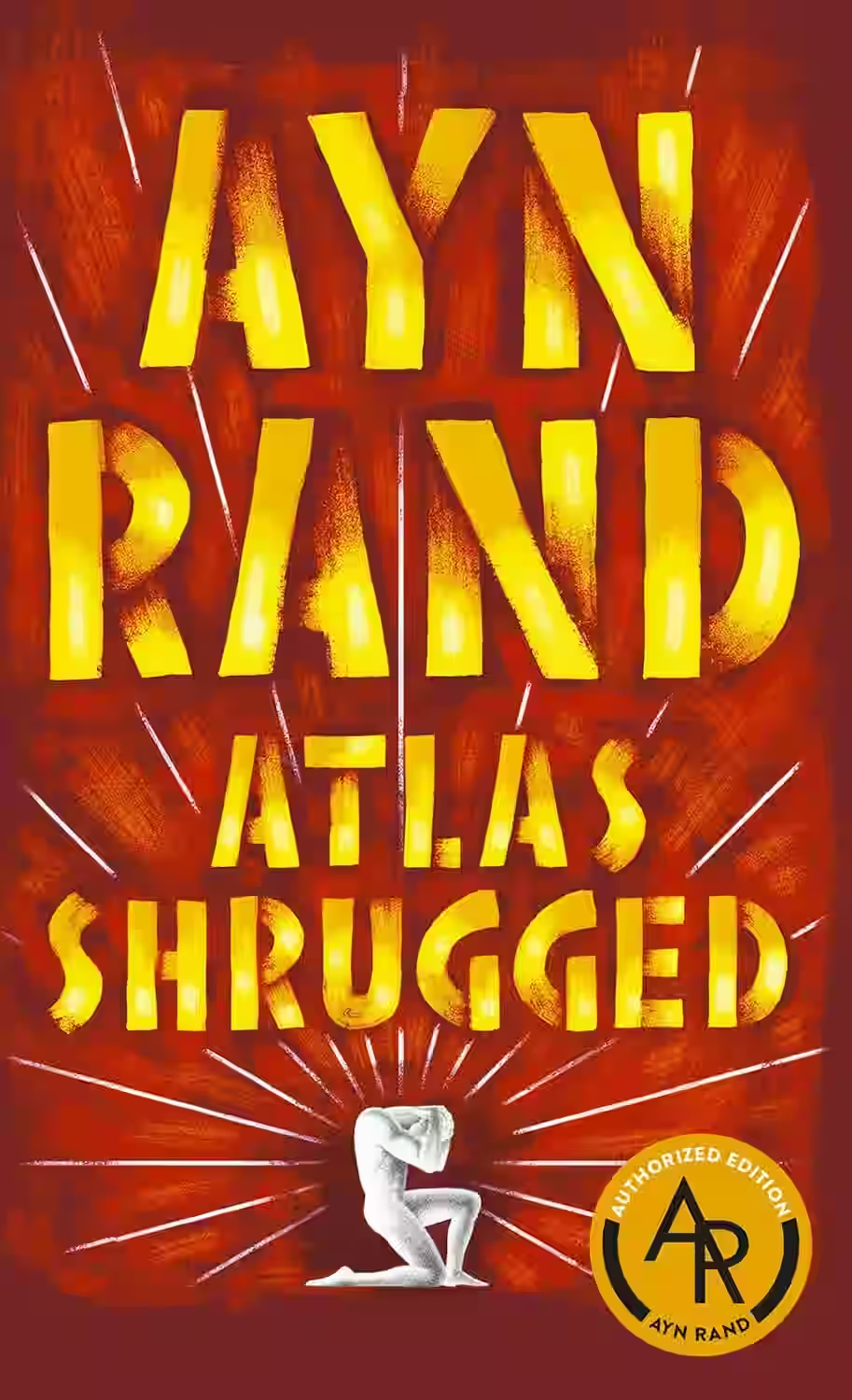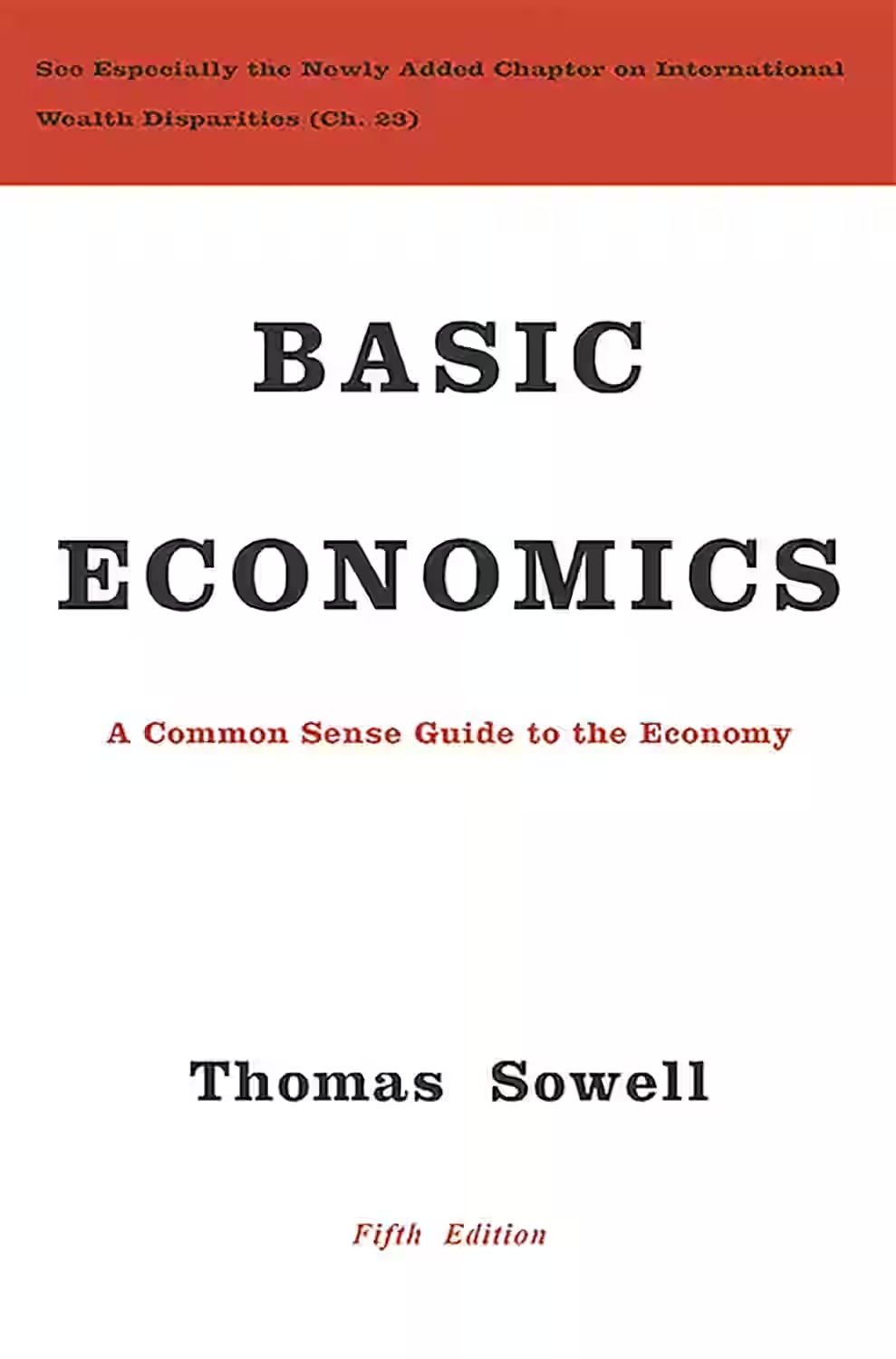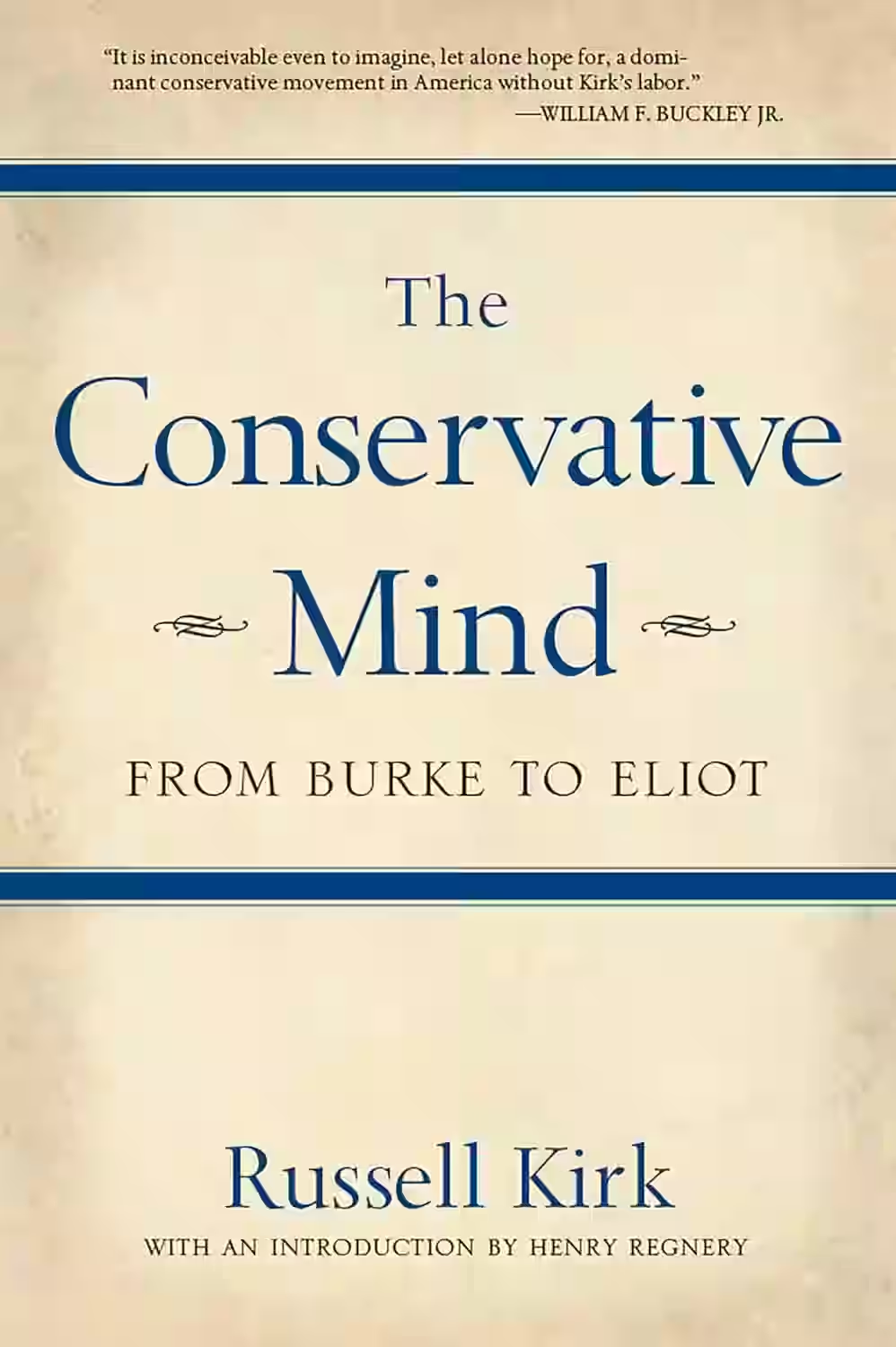Ben Sharpiro Book Recommendations
Ben Shapiro is a prominent conservative political commentator, author, and lawyer. Born in 1984, Shapiro quickly rose to prominence for his articulate and incisive commentary on politics and culture. He is the founder and editor-in-chief of The Daily Wire, a popular conservative news and opinion website. Shapiro is also a prolific author, with several bestselling books to his name, including 'The Right Side of History' and 'True Allegiance.' His no-nonsense approach and sharp intellect have made him a sought-after speaker and commentator. Known for his ability to recommend thought-provoking and informative books on a variety of topics, Shapiro has established himself as a respected voice in the world of conservative commentary.

In 12 Rules for Life, clinical psychologist Jordan B. Peterson presents life principles aimed at navigating chaos with order and purpose. Drawing from psychology, mythology, religion, and personal anecdotes, he discusses topics like personal responsibility, discipline, truth-telling, and meaning. Each chapter focuses on a distinct rule—such as “Stand up straight with your shoulders back” or “Pet a cat when you encounter one on the street.” Provocative and deeply philosophical, the book encourages readers to confront suffering and create order in their lives.

In Books I–III of The Wealth of Nations, Adam Smith lays the foundation of classical economics by exploring the nature of labor, productivity, and market systems. He introduces the concept of the "invisible hand" and argues that individual self-interest can promote the public good through free-market mechanisms. Book I focuses on the division of labor and value, Book II on capital and stock, and Book III on the historical evolution of economic systems. Smith’s analysis of productivity, competition, and the role of self-regulation revolutionized economic thought and established key principles that underpin modern capitalism and economic theory.

Books IV–V of The Wealth of Nations critique existing economic policies and propose a framework for limited but essential government intervention. In Book IV, Smith dissects the mercantile system, rejecting trade restrictions and monopolies while advocating for free trade. He critiques colonialism and tariffs, favoring open markets. Book V addresses the role of the state in education, justice, defense, and infrastructure—functions Smith sees as necessary for a stable, prosperous society. These volumes balance his case for laissez-faire economics with the need for public investment, rounding out his vision of a functional, ethical, and productive political economy.

Ayn Rand’s sprawling philosophical novel envisions a dystopian America where the innovators and thinkers go on strike, withdrawing their talents from a society that exploits them. Through the story of Dagny Taggart and John Galt, Rand dramatizes her philosophy of Objectivism—championing reason, individualism, and capitalism. The book critiques collectivism and portrays the struggle of creative minds against government control and mediocrity. Both celebrated and controversial, Atlas Shrugged has been influential in political and economic thought, especially among libertarians. It challenges readers to consider the moral role of self-interest and the consequences of stifling human excellence.

In 'The Road to Serfdom', Friedrich Hayek delivers a powerful critique of socialism, arguing that planned economies inevitably lead to authoritarianism and loss of individual freedoms. Through lucid prose and compelling arguments, Hayek warns against the dangers of central planning and advocates for free-market capitalism as a safeguard against tyranny. He explains how government intervention in the economy can erode personal liberty and stifle innovation. This influential work continues to shape political and economic discourse, challenging readers to reconsider the role of the state in society. 'The Road to Serfdom' remains a thought-provoking and relevant read for anyone interested in the intersection of politics and economics.

In 'Basic Economics: A Common Sense Guide to the Economy' by Thomas Sowell, readers are taken on a journey through the fundamental principles of economics in a clear and accessible manner. Sowell breaks down complex economic concepts into easily digestible lessons, making it a perfect choice for those looking to grasp the basics of how economies function. By using real-world examples and a conversational tone, the author engages readers in understanding topics like supply and demand, price controls, and international trade. This book serves as an eye-opening resource for individuals wanting to comprehend the intricacies of the economy without getting lost in jargon.

In 'The Conservative Mind: From Burke to Eliot', Russell Kirk delivers a seminal work that traces the evolution of conservative thought from the 18th to the 20th century. Kirk meticulously examines the ideas of influential figures like Edmund Burke, Alexis de Tocqueville, and T.S. Eliot, shaping a comprehensive narrative of conservative principles that emphasizes tradition, order, and virtue. Through engaging prose, Kirk elucidates how these thinkers laid the intellectual groundwork for modern conservatism, advocating for prudence and a reverence for societal institutions. This book is a must-read for those seeking a deeper understanding of conservatism and its philosophical underpinnings.

In 'The Federalist Papers,' a collection of essays penned by Alexander Hamilton, James Madison, and John Jay, the authors fiercely advocate for the ratification of the United States Constitution, defending its principles and addressing concerns about its implementation. Touching on key themes like the benefits of a strong central government, the importance of checks and balances, and the dangers of factions, this influential work laid the groundwork for interpreting the Constitution and understanding the intentions of the framers. With eloquent arguments and profound insights into political philosophy, 'The Federalist Papers' remains a vital resource for students of American history and government.